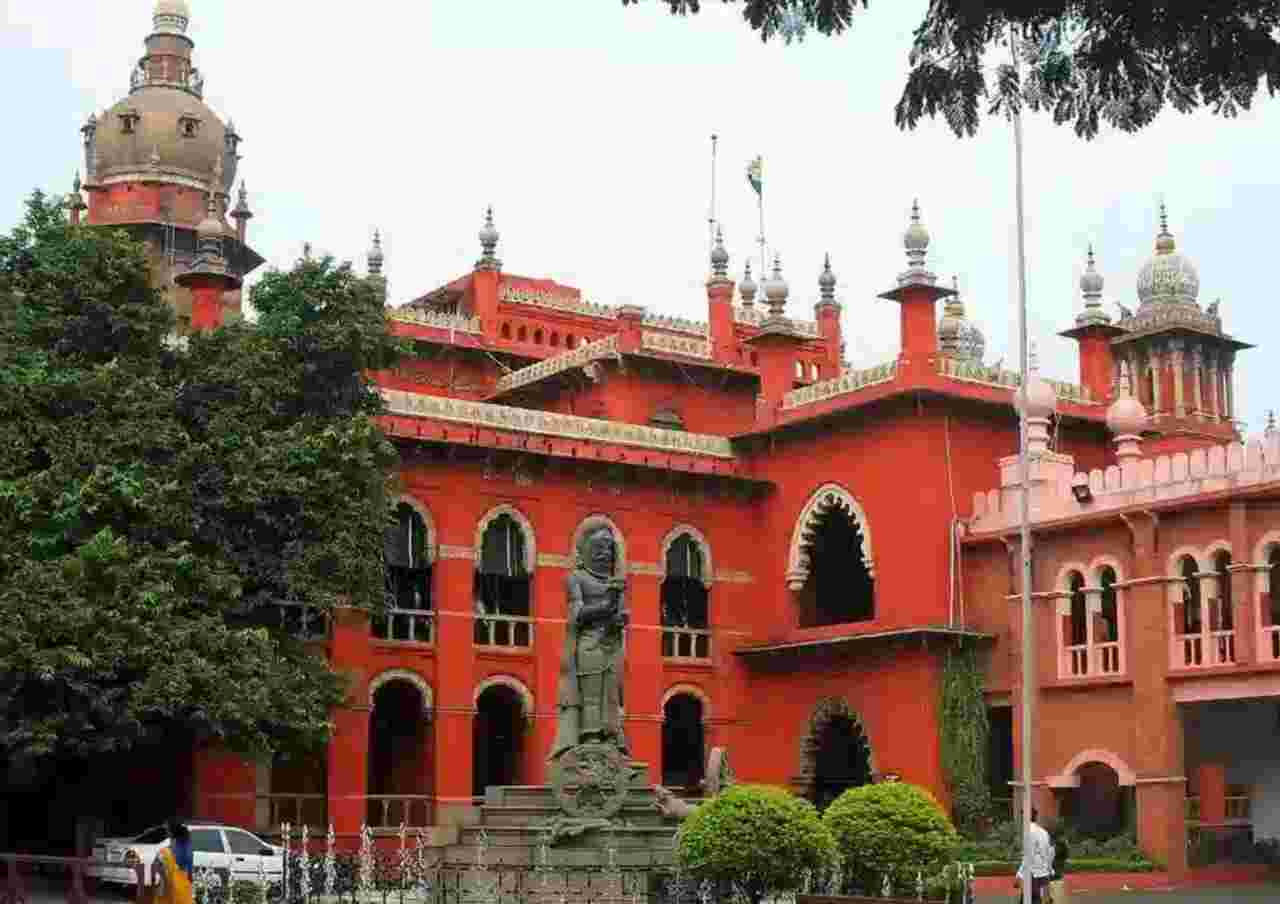Court Enforces Equal Access to Public Water in Tamil Nadu, Calls Discrimination ‘Pathetic’
Historic Judgment Against Caste-Based Water Discrimination
In a landmark ruling, the Madurai Bench of the Madras High Court has issued a powerful directive condemning caste discrimination in access to public drinking water. The court emphasized that such practices are unacceptable in a democratic society and must be eradicated with immediate and proactive governance.
The order came during a hearing on a bail petition, where a 65-year-old Scheduled Caste woman from Thalaivankottai village in Tenkasi district raised concerns over caste-based denial of access to water.
Key Highlights of the Judgment
- Discrimination condemned:
Justice Dr. RN Manjula called the denial of water based on caste “pathetic and surprising in this scientific age.” - Right to Water = Right to Life:
The court reaffirmed that clean drinking water is a fundamental right, integral to Article 21 – Right to Life under the Constitution. - Authorities must act proactively:
Justice Manjula stressed that officials should not wait for formal complaints to act, as discrimination often goes unreported due to fear or social pressure. - SC/ST Atrocities Act invoked:
The court referenced Sections 3(1)(za) and 21 of the SC/ST (Prevention of Atrocities) Act, reinforcing the government’s constitutional duty to ensure equal access to public resources.
Thalaivankottai: A Model for Inclusive Water Access
Responding swiftly to the court’s previous direction:
- 17 new public taps were installed in the village.
- A local committee was formed to monitor and ensure fair water distribution.
- A compliance report, submitted on July 31, confirmed the implementation.
The judge praised the Tenkasi District Administration for its prompt response and urged that this “Thalaivankottai model” be replicated across all rural and urban areas in Tamil Nadu.
Statewide Directives Issued
The court ordered a comprehensive, time-bound plan:
- Deadline: Three weeks for implementation
- Responsible Authorities:
- Director of Municipal Administration
- Director of Town Panchayats
- District Collectors (statewide)
- Supervised by the Chief Secretary and Director General of Police
- Panchayat-level Committees:
The court urged the formation of local monitoring committees to ensure equal access to public resources and foster caste harmony.
Next Hearing Scheduled
The matter will be heard again on August 21, with further updates expected on the progress of statewide implementation and monitoring mechanisms.
Conclusion
This ruling is a significant step toward caste equality in India, especially in rural areas where discrimination often persists silently. The Madras High Court’s directive not only addresses a local injustice but also sets a precedent for proactive governance and inclusive public resource management across the country.
Also Read : The Sinking of Pakistan’s Indus Delta: Over 1.2 Million Displaced as Water Flow Drops by 80%



